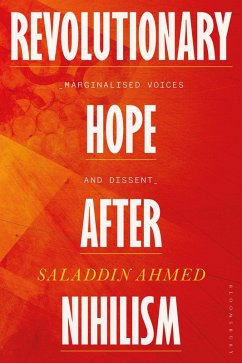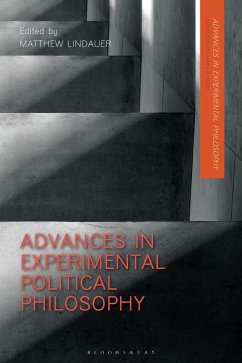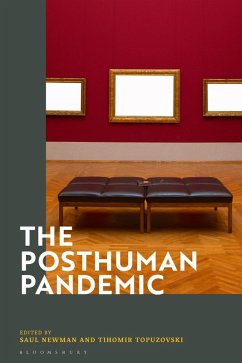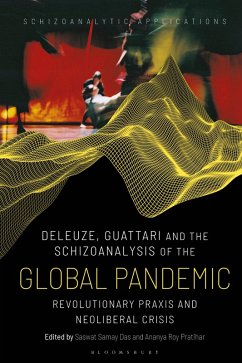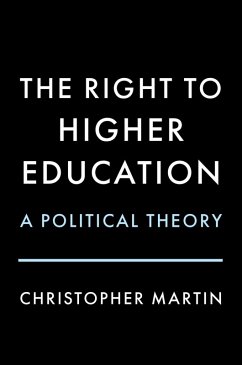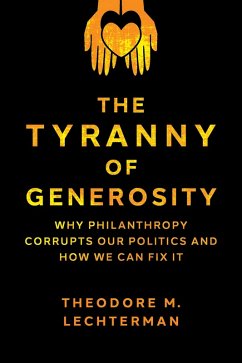
Political Philosophy in a Pandemic (eBook, ePUB)
Routes to a More Just Future
Redaktion: Niker, Fay; Bhattacharya, Aveek
Versandkostenfrei!
Sofort per Download lieferbar
21,95 €
inkl. MwSt.
Weitere Ausgaben:

PAYBACK Punkte
11 °P sammeln!
Government lockdowns, school closures, mass unemployment, health and wealth inequality. Political Philosophy in a Pandemic asks us, where do we go from here? What are the ethics of our response to a radically changed, even more unequal society, and how do we seize the moment for enduring change? Addressing the moral and political implications of pandemic response from states and societies worldwide, the 20 essays collected here cover the most pressing debates relating to the biggest public health crisis in the last century. Discussing the pandemic in five key parts covering social welfare, eco...
Government lockdowns, school closures, mass unemployment, health and wealth inequality. Political Philosophy in a Pandemic asks us, where do we go from here? What are the ethics of our response to a radically changed, even more unequal society, and how do we seize the moment for enduring change? Addressing the moral and political implications of pandemic response from states and societies worldwide, the 20 essays collected here cover the most pressing debates relating to the biggest public health crisis in the last century. Discussing the pandemic in five key parts covering social welfare, economic justice, democratic relations, speech and misinformation, and the relationship between justice and crisis, this book reflects the fruitful combination of political theory and philosophy in laying the theoretical and practical foundations for justice in the long-term.





